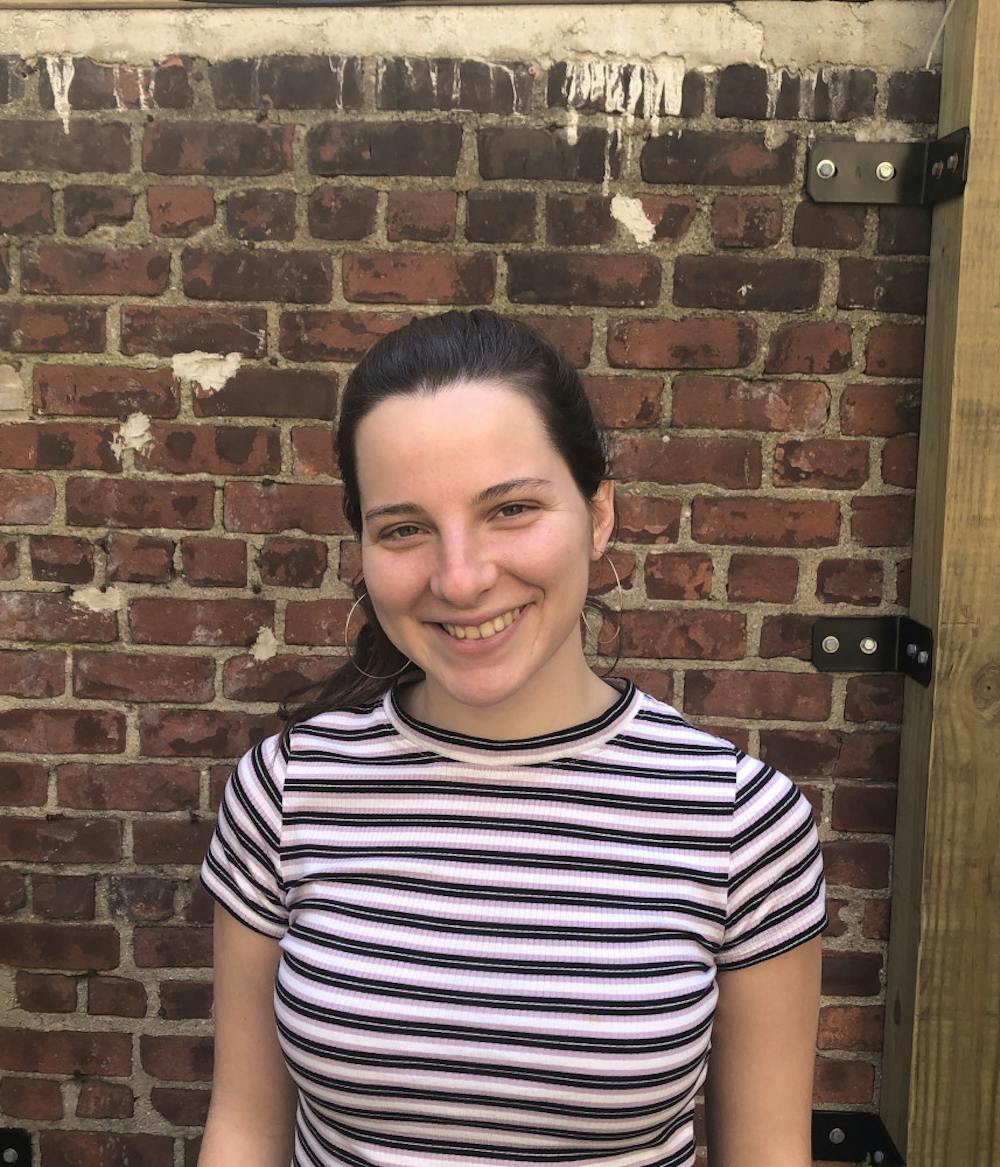Marysol Fernández Harvey ’21, a staff columnist at The Herald, earned a slot as one of 62 public-service oriented Truman Scholars across the country earlier this month, according to a University press release.
The Truman Scholarship, awarded annually by the Harry S. Truman Scholarship Foundation, rewards college juniors identified as “future change agents” with up to $30,000 for graduate studies as they pursue careers in public service, according to the foundation’s website. The program, which received 773 applications from 316 colleges and universities, selects students based on their “records of leadership, public service and academic achievement.” =
Fernández Harvey said she intends to use the scholarship to pay for law school. Once she graduates, she hopes to return to Puerto Rico, where she is from, and work on the “larger effort that’s already beginning to mobilize” to add “some sense of self-determination on the island.”
“We’re a colony, (and) we have been for centuries,” she said. “We haven’t really gone through the rigorous process of having the people of Puerto Rico decide what their nation wants to be in the future.”
When she returns, Fernández Harvey hopes to take part in conversations about how to “rewrite a constitution that allows self-determination for the people of Puerto Rico.”
Linda Dunleavy, associate dean of the College for fellowships at Brown, said that Fernández Harvey’s breadth of experiences — from writing opinions for The Herald to her dual concentration in Economics and Comparative Literature to her experience in dance performance — all created a common and compelling narrative.
“They were all somehow tied together in her interest in making a difference in Puerto Rico,” Dunleavy said.
Fernández Harvey said one of her initial worries about the “long and rigorous” application was that her narrative about public service wouldn’t seem coherent compared to her “perception” of many fellow applicants: students with experience in “strictly political work” aiming to eventually work in Washington, D.C.
“The way the scholarship defines public service is really broad — it stems from policy work to engineering and medicine to people like me who are working at the intersection of a lot of things.”
The application process, Dunleavy explained, consists of two phases.
First, students from a given school apply for one of the school’s four nominations to become a Truman scholar.
The application “requires a lot of writing and introspection,” Fernández Harvey explained, noting that she was asked to submit everything from a standard CV-style list of extracurriculars to a mock policy memo, as well as personal reflections on where she expected to be five and 10 years after graduate school.
This year, she said, the University interviewed fewer than eight of the 24 applicants vying for one of the University’s nominations. “At the interview, she was very poised and centered,” Dunleavy said.
Once nominated, students are then interviewed by their state’s committee. In Fernández Harvey’s case, that was an interview with the Puerto Rican committee.
Applicants normally learn of their decision by mail, but Fernández Harvey currently resides in New York City, where the mail system “isn’t really working,” she said.
Instead, Fernández Harvey received an email from President Christina Paxson P’19 regarding an “important matter” about which the two needed to meet over Zoom.
“I had a feeling it was probably about the Truman (Scholarship), but you get these irrational fears — ‘Oh no, am I in trouble? Why does the president of the University want to talk with me?’” Fernández Harvey said.
Paxson brought the committee of faculty and staff that advised Fernández Harvey through the process on the call, where she learned the news.
“We’re really thrilled about Marysol,” Dunleavy said, noting that it was the second year in a row the University had produced a Truman Scholar. According to the University’s fellowships website, Fernández Harvey’s scholarship marks the sixth time since the 2013-14 academic year that a Brown student won the prestigious scholarship.
“Brown enjoys a very good relationship with the Truman Foundation,” Dunleavy added.
“You’re introduced to this really great network,” Fernández Harvey said. “People take being part of the Truman community seriously.”
For Dunleavy, public service scholarships like the Truman are now “more important than ever.”
“Going forward, how are we going to make changes? I think it’s a really important moment for young people to be thinking about how we can make the world better in the wake of (COVID-19),” Dunleavy added.

Will Kubzansky was the 133rd editor-in-chief and president of the Brown Daily Herald. Previously, he served as a University News editor overseeing the admission & financial aid and staff & student labor beats. In his free time, he plays the guitar and soccer — both poorly.





